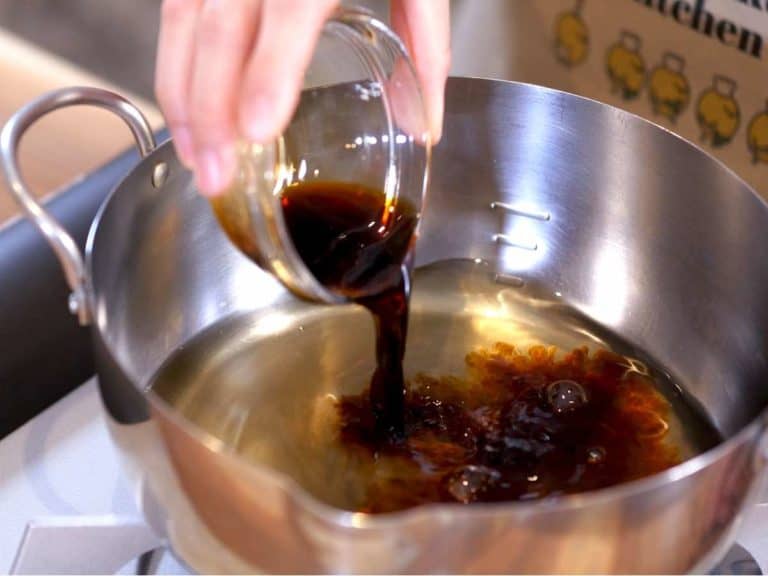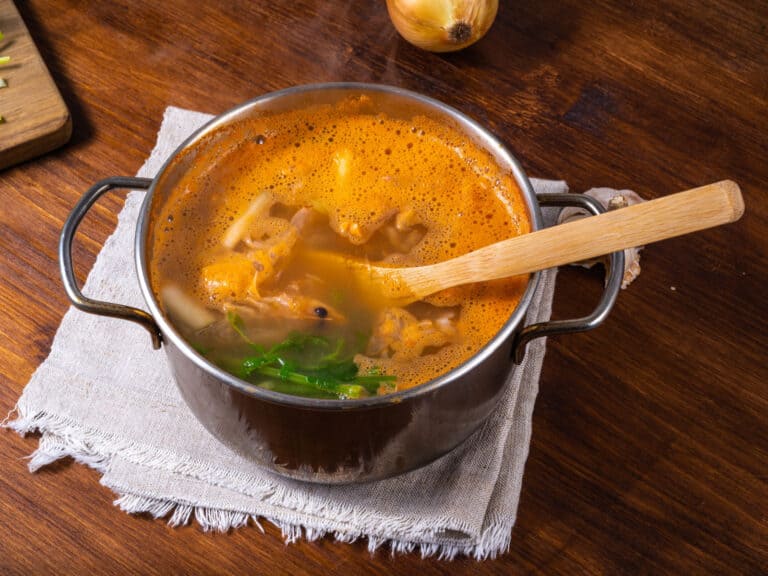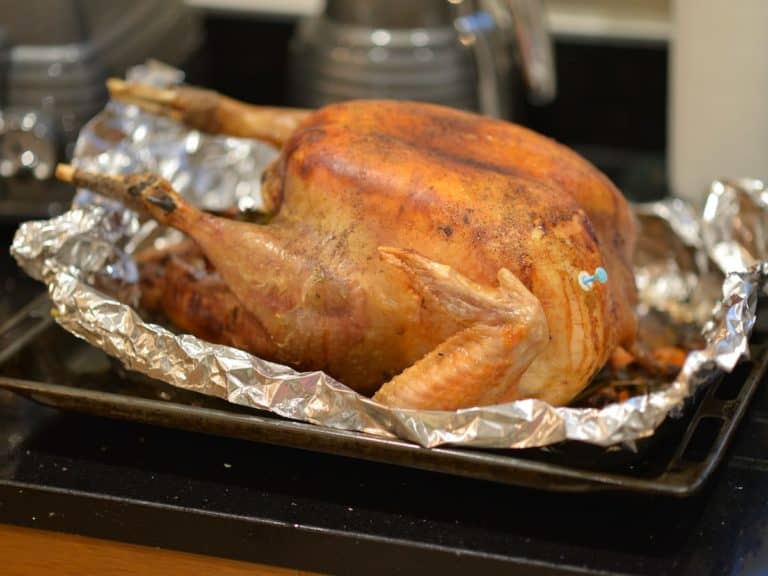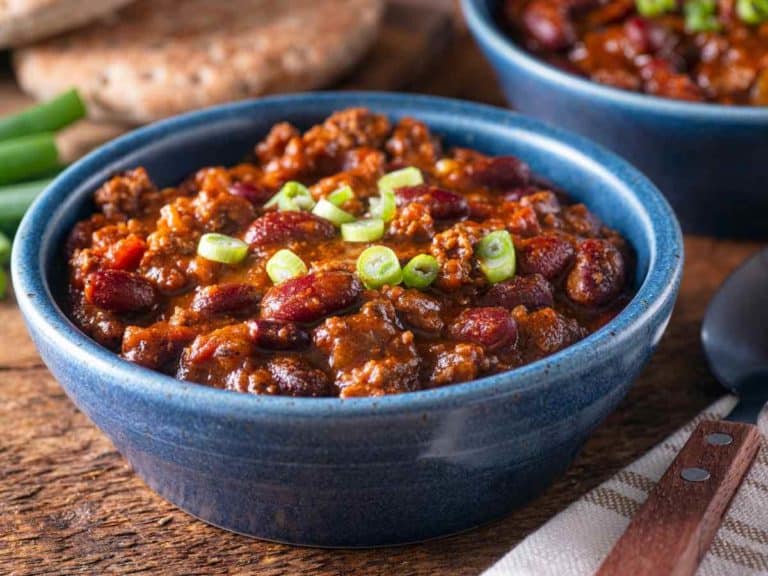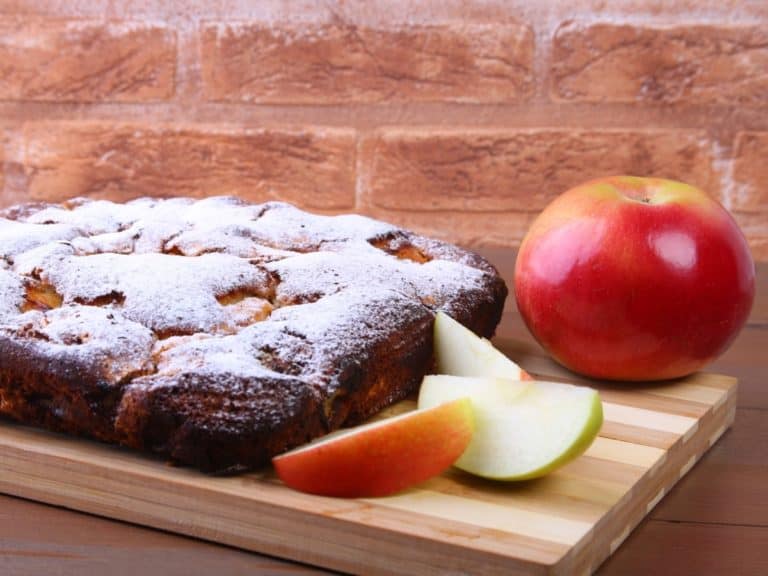Can You Eat Raw Zucchini Noodles?
Many health- and weight-conscious people go for zucchini noodles. Also known as zoodles, they are low in carbohydrates and free of gluten. And because they are made from a vegetable (although zucchini is technically a fruit), you might be wondering if it’s perfectly okay to eat zucchini noodles raw.
Zucchini noodles can be eaten raw. As a matter of fact, it’s not really recommended to cook zucchini noodles as they will become mushy, given the fact that up to 90% of zucchini is water. However, it’s totally fine to heat or slightly cook zucchini noodles using a microwave, stovetop or oven.
Read on no matter if you are a vegan, into healthy eating or just want to give zoodles a try!
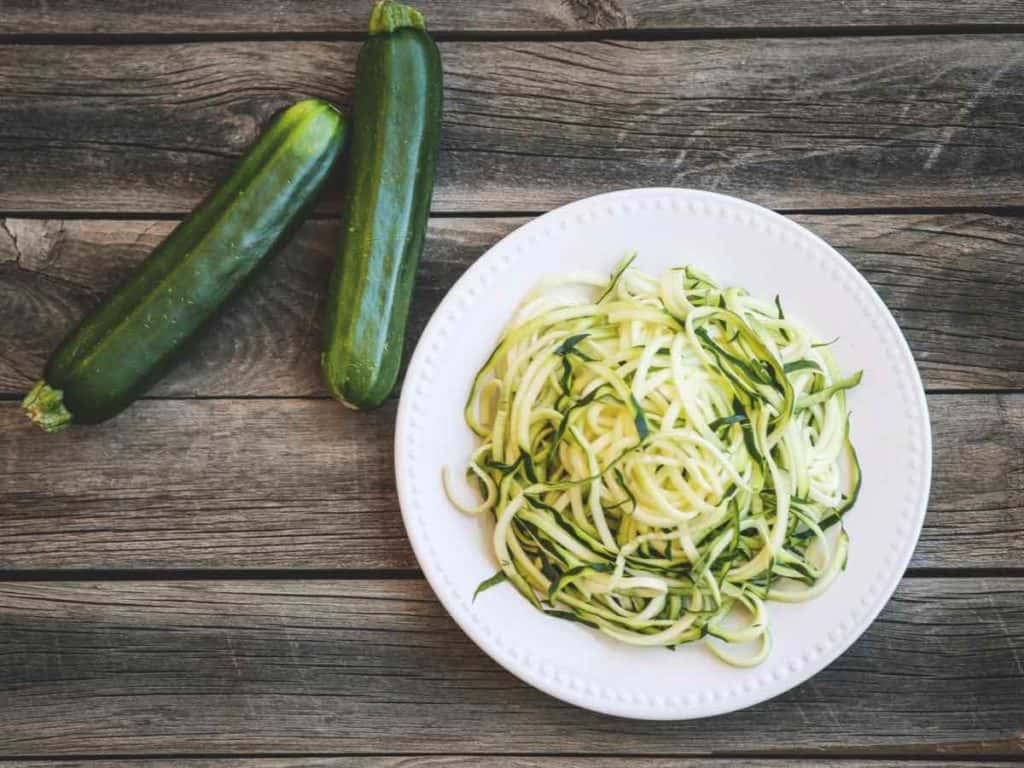
Why You Should Eat Zucchini Noodles Raw
Eating zucchini noodles raw allows one to enjoy the full range of nutrients zucchini has, from potassium to vitamin A. Cooking them will cause some of the nutrients to get destroyed by heat. It’s also a good idea to avoid peeling zucchinis before spiralizing them because the skin is rich in nutrients.
Like many fresh produce items, zucchini is bursting with vitamins and minerals.
It goes without saying that zucchini noodles are some of the healthiest noodles that you can serve to yourself as well as your family and friends. Each serving allows the body to obtain a wide variety of nutrients, including but not limited to fiber, protein, potassium, iron, calcium, magnesium, copper, vitamin B6, vitamin A, vitamin K and vitamin C.
According to health authorities themselves, the following are just some of the many health perks that you can get from adding zoodles to your diet on a regular basis:
- Healthy digestion
- Regular bowel movement
- Healthy and beautiful skin
- Lowered blood sugar
- Lowered blood pressure
- Lowered cholesterol levels
- Sharper vision
- Increased immune system
- Stronger teeth and bones
- Eliminated excess weight
Cooking zucchini noodles may keep you from enjoying all the health benefits listed above. That’s because heat destroys some nutrients such as potassium, calcium, and vitamins A, B, C and K.
Want to eat nothing but the most health-giving zucchini noodles? Then don’t peel your zucchinis.
The skin of zucchinis contains high amounts of certain nutrients, including especially fiber and vitamin C. Many of the antioxidants in zucchinis are in the skin, too. So, in other words, avoid peeling zucchinis before spiralizing them — after all, zucchini skin is soft and totally edible.
Related Article: Can You Eat Raw Sweet Corn?
How Do You Heat Zucchini Noodles?
Although it’s recommended to avoid cooking zucchini noodles, it’s completely fine to heat them. It can be done using the microwave, or on a stovetop or in the oven. Those who wish to enjoy crisper zucchini noodles may semi-cook them by sautéing or baking them for a while.
Boiling reduces bitterness.
Zucchini noodles can be enjoyed either at room temperature or cold. Either way, the fact remains that they will absorb very well just about any sauce or ingredient you add to them.
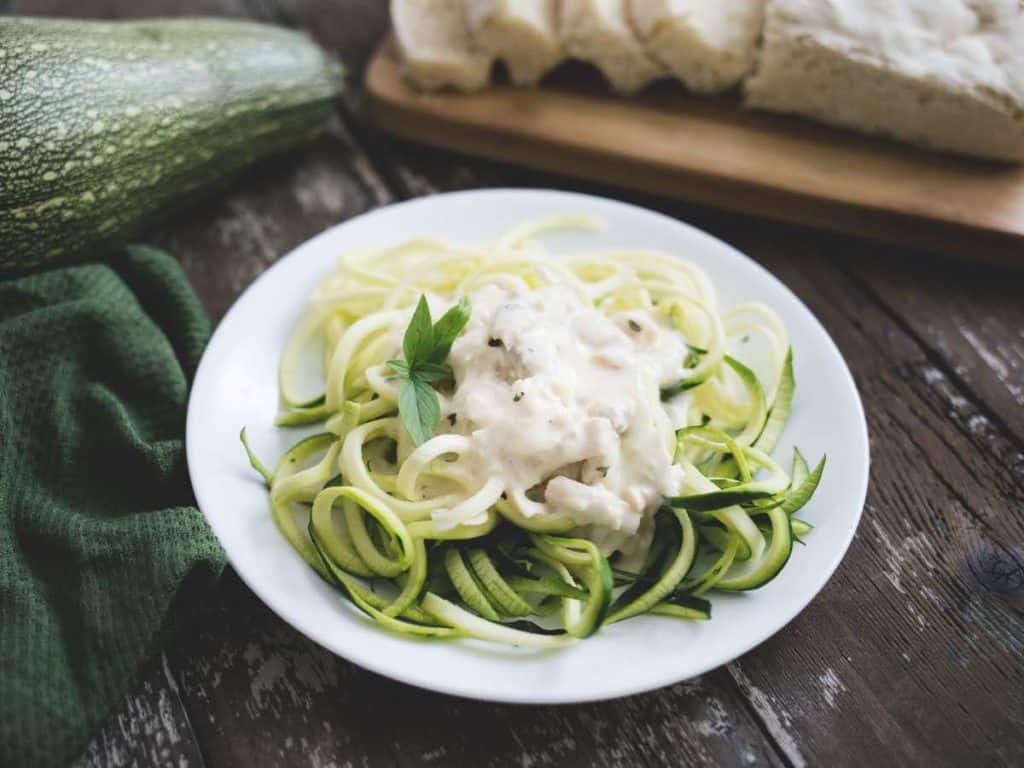
However, some people prefer to have their zoodles warm or a little cooked for some extra crispness.
It’s a good thing that it’s trouble-free to heat or semi-cook zucchini noodles. What’s more, it can be done in a number of ways, with the help of various staple kitchen appliances, such as your:
- Microwave. The quickest way to heat zucchini noodles is by nuking them in the microwave. Depending on the microwave and the amount of zoodles, in most instances, it only takes one minute to heat them. You may also heat them in increments of 30 seconds to keep them from being overcooked.
- Stovetop. You can heat or semi-cook zucchini noodles on your stovetop in a couple of ways. First, by sautéing them for one to two minutes. It’s a good idea to use as little oil as you can. Second, by boiling zoodles for one minute, which helps get rid of some of the bitterness. Drain and blot them with a paper towel afterward.
- Oven. While a time- and energy-consuming method, baking zucchini noodles can make them a little crispy. All you have to do is preheat your oven to 200°F (93°C). While waiting for the oven to preheat, spread zucchini noodles on a baking sheet and sprinkle a little salt. Bake zoodles for 10 to 15 minutes.
How Do You Store Zucchini Noodles?
Zucchini noodles should be placed in a ziploc bag or an airtight plastic container lined with a paper towel before storing them in the refrigerator. The paper towel will absorb excess moisture, thus keeping zoodles from ending up mushy. Zucchini noodles will keep in the fridge for four to five days.
Whether you like making zucchini noodles in advance or you have the habit of failing to consume all your zoodles in one sitting, it’s a must that you store them the right way for later use.
The good news is that it’s really easy to keep zucchini noodles in tip-top shape for a few days.
Storing zucchini at room temperature is fine — it will be able to retain its qualities for up to five days. However, it’s a different story when it comes to storing zucchini noodles. If you leave them at room temperature, zoodles will turn brown and mushy and unsafe to eat in just one to two hours.
Here are the simple steps to take on storing zucchini noodles properly:
- Grab a ziploc bag or plastic or glass container with an airtight cover.
- Line it with a paper towel or two.
- Place zucchini noodles neatly in the ziploc bag or airtight container.
- If using a ziploc bag, squeeze out as much air as you can before sealing it.
- Place the sealed ziploc bag or plastic or glass container in the fridge.
That’s it — you just stored zoodles the right way!
They will stay in good condition for four to five days. However, there is a possibility for zucchini noodles to look kind of shriveled. But that’s okay because it doesn’t mean that they are no longer fit for human consumption — if those zoodles are already moldy and slimy, it’s time to toss them into the garbage bin.
And now that we talked about storing zucchini noodles properly, let’s answer this question many zoodle lovers as well as first-time zoodle eaters feel too embarrassed to ask…
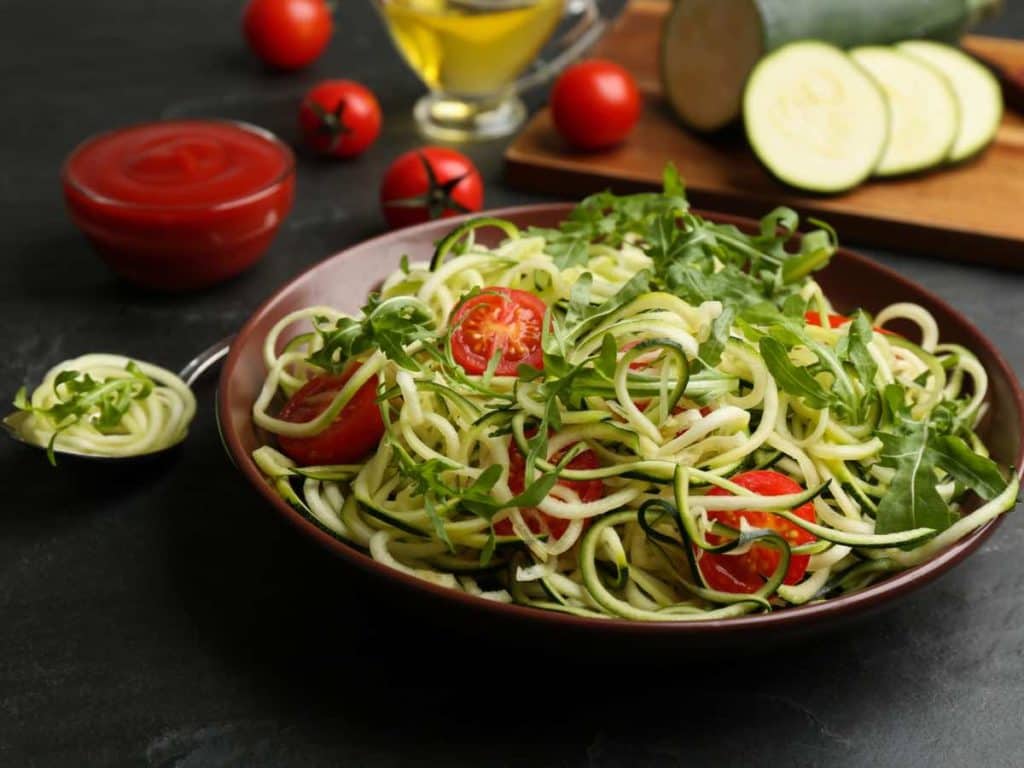
Can You Store Zucchini Noodles in the Freezer?
It’s possible to store zucchini noodles in the freezer. When frozen, they can stay fresh for up to three to five months. However, it may leave zucchini noodles with freezer burn, especially if they are stored in the freezer improperly.
It’s also very much likely for them to become mushy when thawed.
Above, we mentioned the fact that zoodles can keep in the refrigerator for four to five days.
Not so sure that you will be able to consume your zucchini noodles within the said time frame?
Fret not because you can store them in the freezer instead, where they will keep for a much longer time.
Just make sure that you use frozen zucchini noodles within three to five months. You can still eat them beyond three to five months. However, the longer zoodles stay in the freezer, the more they will lose their quality — it’s not really enjoyable to eat zucchini noodles that are mushy and whose skin is wrinkly.
To store zucchini noodles in the freezer, place them in a ziploc bag and an airtight container.
And when it’s time to eat them, transfer frozen zucchini noodles in the refrigerator at least the night before you eat them. It will give zoodles plenty of time to thaw. Afterward, you can enjoy them cold or heated or semi-cooked using any of the methods we talked about earlier.
The bottom line: store zucchini noodles in the freezer only if really necessary.
Just Before You Enjoy Raw Zucchini Noodles
Thanks to zucchini noodles, you can enjoy a wide variety of your favorite pasta dishes without the excessive amounts of carbs and any gluten, too. Zoodles are also healthier alternatives to pasta as they are loaded with fiber, protein and numerous vitamins and minerals, thus allowing you to enjoy a number of health perks with every meal.
By now, you already know that you can eat zucchini noodles raw, which means that having a healthy and delicious meal need not be a time- and energy-consuming task.
Related Questions
Can you eat zucchini noodles on their own?
It’s perfectly fine to eat zucchini noodles on their own. However, they can have a rather bland taste. It’s because of this why the majority of health-conscious people prefer to eat zucchini noodles by adding sauce to them. Some individuals also go for their favorite salad dressings.
What other vegetables can you turn into noodles besides zucchinis?
There are many vegetables that can be spiralized and turned into delicious and healthy noodles. Some very good examples include carrots, cucumber, potatoes, sweet potatoes, yellow squash, butternut squash, turnip, beets and broccoli stems.
